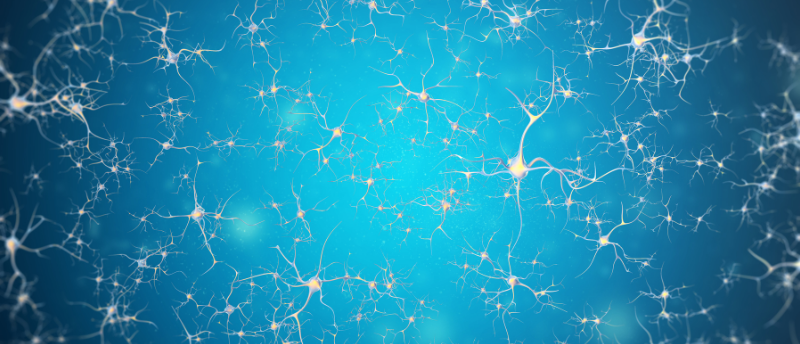Brain inflammation in children linked with neurological disorders

Researchers have discovered that brain inflammation in early childhood may cause neurodevelopmental disorders such as autism and schizophrenia.
Severe brain inflammation in early childhood is known to be a risk factor for developing neurological disorders such as autism and schizophrenia; however, the mechanisms behind this are unclear. Now, researchers from the University of Maryland School of Medicine (UMSOM; MD, USA) have discovered that inflammation prevents the development of specific neurons in the cerebellum, and this could have mechanistic links to neurodevelopmental disorders. The research could help develop treatments for different childhood-onset neurodevelopmental disorders.
The cerebellum is the brain region responsible for motor control and some cognitive functions, such as attention, language and emotional control. Previous research has found that babies with abnormalities of the cerebellum often go on to experience neurodevelopmental disorders, and animal models exposed to inflammation before birth also develop these conditions.
“We looked at the cerebellum because it is one of the first brain regions to begin developing and one of the last to reach its maturity, but it remains understudied,” commented Seth Ament, first author of the study.
 The gene expression changes behind Alzheimer’s disease
The gene expression changes behind Alzheimer’s disease
Massachusetts Institute of Technology researchers have published four papers on the molecular changes underlying Alzheimer’s disease.
The researchers compared donated brain tissue from children who died from an inflammatory condition, such as an infection or asthma, to those who died from a sudden accident. They used single-cell genomics to characterize the postnatal development of cerebellar neurons and glia. They found transcriptional changes in two specific rare types of cerebellar neurons, Purkinje and Golgi neurons, indicating they were most vulnerable to inflammation.
“Although rare, Purkinje and Golgi neurons have critical functions,” explained Ament. “During development, Purkinje neurons form synapses connecting the cerebellum to other brain regions involved in cognition or emotional control, while Golgi neurons coordinate communication between cells within the cerebellum. Disruption of either of these developmental processes could explain how inflammation contributes to conditions like autism spectrum disorders and schizophrenia.”
The team also found maturation- and inflammation-associated expression changes in genes associated with neurodevelopmental disorders.
Understanding the roles of specific cells within the brain and how they interact with genes to influence brain function is key to developing treatments for neurological disorders such as autism spectrum disorder and schizophrenia.
“This study is one of the first to show that gene expression changes during inflammation may set the stage for later cellular dysfunction, such as reducing synaptic connectivity or altering energy metabolism,” said Mark Gladwin, the Dean of UMSOM. “It’s critical to understand these mechanisms and changes at the cellular level during brain development in the hope that someday we can develop treatments for neurodevelopmental disorders.”